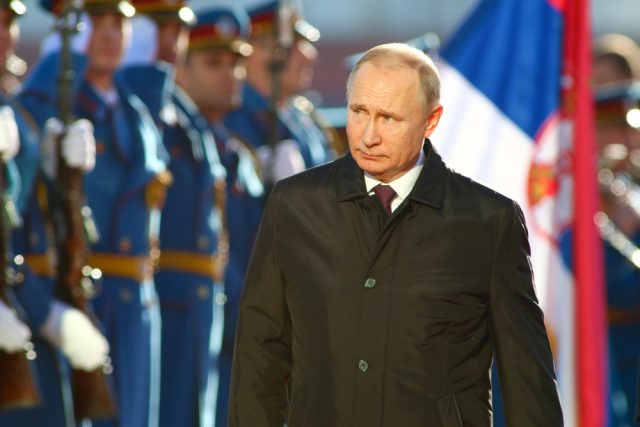
The ECR Party Culture Weekends are back, the initiatives organized by the European Conservative Party to launch concrete proposals that will become an integral part of the electoral program given the European elections in June 2024.
This time the theater of the event will be Cyprus: the island state represents one of the most particular realities on the European scene, both from a historical and geopolitical point of view. Cyprus has always been one of the most mysterious and fascinating islands, according to Greek mythology the beaches of Paphos (in the south-west of the country) gave life to the Greek goddess of beauty Aphrodite, in many areas of the country the Venetian presence is still strong between the end of the 1400s and the end of the 16th century it profoundly affected some cities such as Famagusta and Nicosia, the Ottoman invasion and domination during the 17th, 18th and 19th centuries divided the country into a North with an Ottoman majority which still today it recognizes itself as a “detached Turkish republic” and an Orthodox South.
Cyprus has been an autonomous republic since 1960, when the United Kingdom granted independence by welcoming the island within the Commonwealth. Since then it has progressively structured itself, forming a society which, despite the complexity of the division of the country into the Turkish and Greek Orthodox spheres of influence, despite being a few kilometers from Lebanon and the borders with Syria and Israel, despite having stumbled upon a serious banking crisis in 2013, travels to high standards. The GDP per capita is almost at the level of developed countries such as Italy and Japan, the Human Development Index is also higher than the Italian one and close behind the French one.
This development was possible for two main reasons: firstly, the island soon became a tax paradise which attracted investors from Asia and the Middle East, as well as from Russia; secondly, the island has invested enormously in tourism. Suffice it to say that over 2 million tourists a year go to Cyprus (more than the total local population) and it is considered the first tourist industry in the world for infrastructures intended for this type of business.
This is why Cyprus represents a very important crossroads which led the ECR to choose this location for the Culture Weekend which will be held from 28 to 31 March. In particular, on the morning of Friday 29th, Prof. will speak. Hanns Gissurarson, political science academic at the University of Iceland, who will address the analogies and differences between classical (Southern European) and conservative (Northern European) thought; following this, a workshop will be held on possible tangible solutions in a situation of a Government with fewer powers. There will be a visit to Leukara village and lunch at one of the local wineries, before arriving in Nicosia.
Saturday 30 March will be full of ideas, with some high-level panels: one will concern the approach to European sustainable energy, with interventions by the Cypriot Minister of Energy George Papanastasiou (Ind.), prof. Alan Riley of the Atlantic Council, the director general of Nuclear Europe Yves Desbazeille, the director general of the World Nuclear Association Sama Bilbao y Leon, the co-founder and president of Zhero Alessandra Pasini, the deputies Mauro Rotelli (FdI, ECR) and Vojtech Munzar (ODS, ECR) and MEP Nicola Procaccini (FdI, ECR); on security in the Mediterranean, the former American ambassador to Cyprus Kathleen A. Doherty, the Senior Fellow of the Atlantic Council Paolo Messa, the vice-president of youth of the ECR Raz Granot (Likud, ECR) and the MEPs Jorge Buxade (Vox, ECR) and Angel Dzhambazki (VMRO, ECR); The day will close with the conservative plan for Europe presented by the Vice President of the European Commission Margaritis Schinas (ND, EPP), the Minister for Relations with Parliament Luca Ciriani (FdI, ECR) and the Secretary General of the ECR Antonio Giordano (FdI , ECR).
Sunday 31 March, Holy Easter, will see a very touching moment with the celebration of Mass and a reflection on the Judeo-Christian roots of Europe, with a visit to the Catholic and Orthodox churches of Nicosia. A unique opportunity to truly launch the challenge for a Europe aware of its origins and strong in the potential that has not yet been fully expressed.



 Subscribe
Subscribe